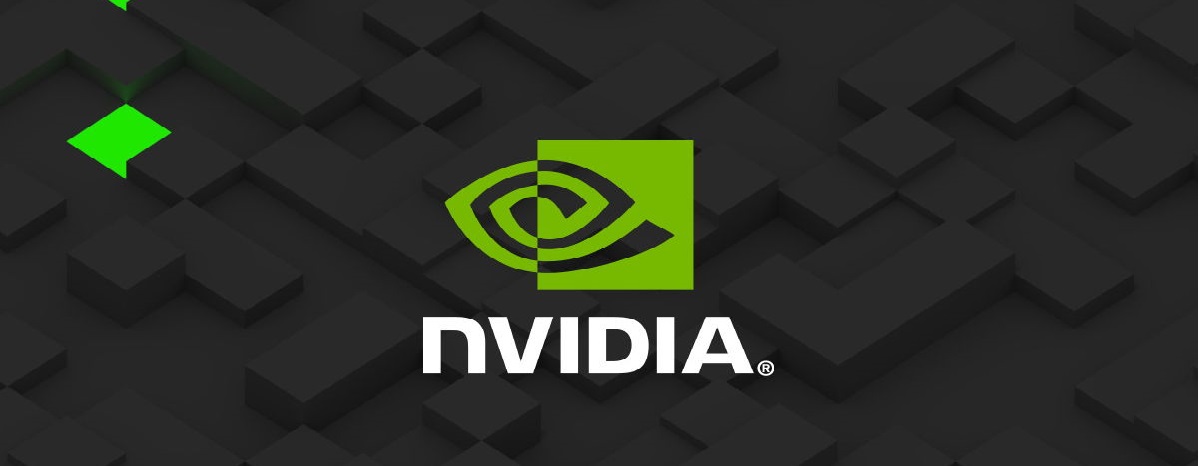
Recently Nvidia unveiled through an advertisement has made the decision to release the code of all kernel modules supplied in your suite of video drivers for Linux.
The released code has been released under the MIT and GPLv2 licenses. The ability to create modules is provided for the x86_64 and aarch64 architectures on systems running Linux kernel 3.10 and newer, although firmware and userspace libraries such as CUDA, OpenGL, and Vulkan stacks remain proprietary to Nvidia. .
It is expected that the publication of the code lead to a significant increase on the usability of Nvidia GPUs on Linux systems, improve integration with the operating system and simplify driver delivery and debugging issues.
The developers of Ubuntu and SUSE have already announced the formation of packages based on open modules.
Having open modules will also make it easier to integrate Nvidia drivers with systems based on custom non-standard builds of the Linux kernel. For Nvidia, open source will improve the quality and security of Linux drivers through increased community involvement and the ability for third-party review and independent auditing.
It is noted that the presented open source base is simultaneously used in the formation of proprietary drivers, in particular, it is used in the beta branch 515.43.04 released today.
In this case, the closed repository is the main repository and the proposed open source code base will be updated for each version of proprietary drivers in the form of conversion after some processing and cleaning. Individual change history is not provided, only the overall commit for each driver version (modules code for driver 515.43.04 is currently released).
However, community representatives have the opportunity to submit applications pull tab to promote your fixes and module code changes, but these changes will not be reflected as separate changes in the open repository, but first will be integrated into the main closed repository and only then transferred with the rest of the changes to open. Participation in the development requires the signing of an agreement on the transfer of ownership rights of the transferred code to NVIDIA (Contributor License Agreement).
The kernel module code is divided into two parts: common components not tied to the operating system, and a layer for interfacing with the Linux kernel. To reduce installation time, common components are still delivered in proprietary NVIDIA drivers as a pre-assembled binary file, and the layer is assembled on each system, taking into account the current kernel version and available configuration. The following kernel modules are provided: nvidia.ko, nvidia-drm.ko (Direct Rendering Manager), nvidia-modeset.ko, and nvidia-uvm.ko (Unified Video Memory).
La support for GeForce series and workstation GPUs is considered alpha quality, but dedicated GPUs based on the NVIDIA Turing and NVIDIA Ampere architecture used in the Data Center for Parallel Computing and Data Acceleration (CUDA) are fully supported, fully tested, and suitable for use in enterprise projects. production (open source is now ready to replace proprietary drivers).
stabilization of GeForce and GPU support for workstations it is planned for future versions. Ultimately, the level of stability of the open source base will be brought to the state of proprietary drivers.
In its current form, inclusion of published modules in the main kernel is not possible, as they do not meet the kernel's requirements for coding style and architecture conventions, but Nvidia intends to work together with Canonical, Red Hat and SUSE to solve this problem and stabilize controller programming interfaces. Additionally, the released code can be used to enhance the open source Nouveau core driver, which uses the same GPU firmware as the proprietary driver.
finally if you are interested in knowing more about it, you can check the details in the following link.